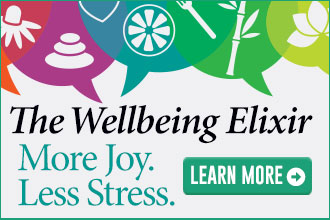Low-Stakes Grading
Like a lot of terms in higher education, low-stakes grading doesn’t always refer to the same thing. In some cases it means small assignments that don’t count for much but occur regularly, as quizzes are often used. Low-stakes grading can also mean there’s a de-emphasis






